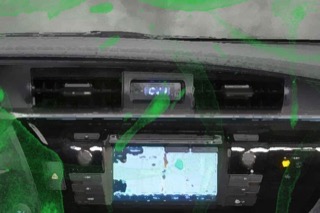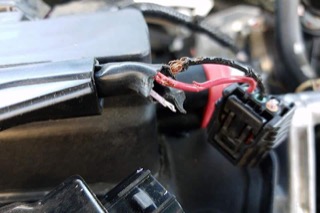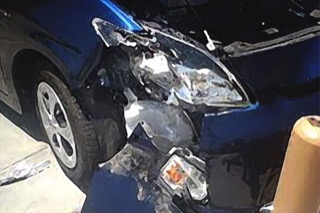Common 2010-2015 Toyota Prius Problems
Some of the worst issues 3rd generation Prius owners have to deal with.
Musty and Moldy A/C
Toyota air conditioners smell like mold in numerous vehicles. So what's causing the musty smell and just how dangerous is it?…
Continue reading article "Musty and Moldy A/C"
Rodents Chew Soy-Coated Wires
Somewhere in the mid-2000's there was an industry-wide push by automakers to replace plastic and glass-based wiring insulation with a more eco-friendly soy-based coating. It's biodegradable, commendable, and a complete disaster for owners. …
Continue reading article "Rodents Chew Soy-Coated Wires"
Prius Brake Defects
There is growing concern about the calibration of the brake system in the 3rd-generation Prius. More and more owners are starting to report that they're unhappy with the braking performance of their Prius, some even going so far as to say t…
Continue reading article "Prius Brake Defects"
Toyota Excessive Oil Consumption
An increasing number of Toyota vehicles are experiencing excessive oil consumption which may be the result of defective piston rings. Toyota, in all their 'deny-til-we-die' splendor, is reportedly denying warranty coverage on many oil consu…
Continue reading article "Toyota Excessive Oil Consumption"